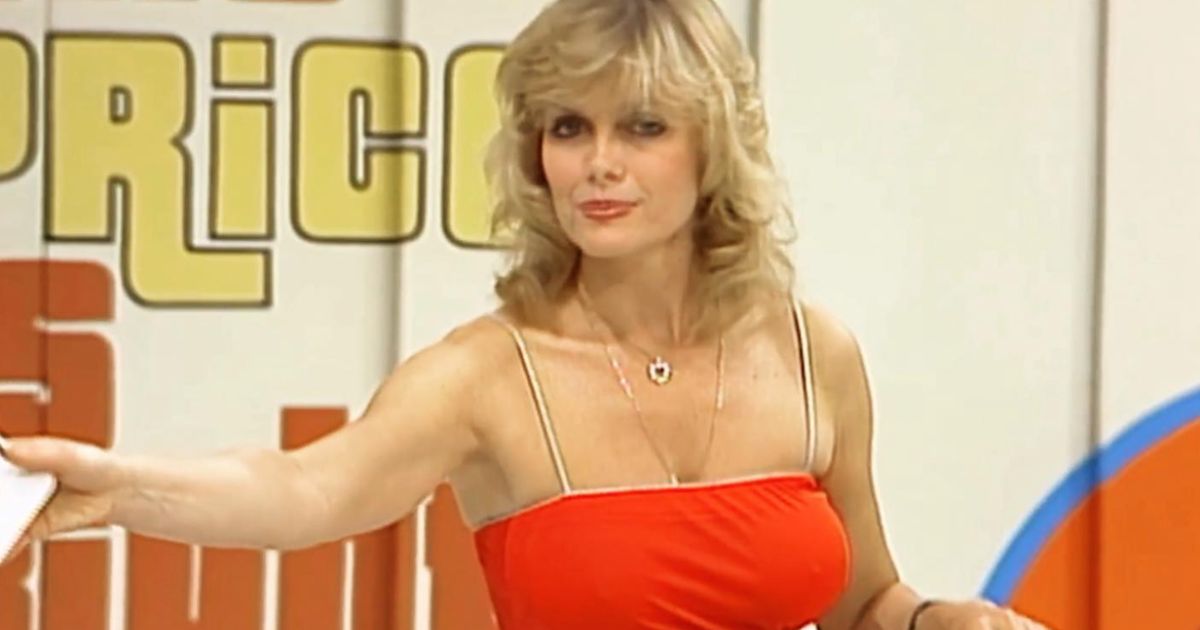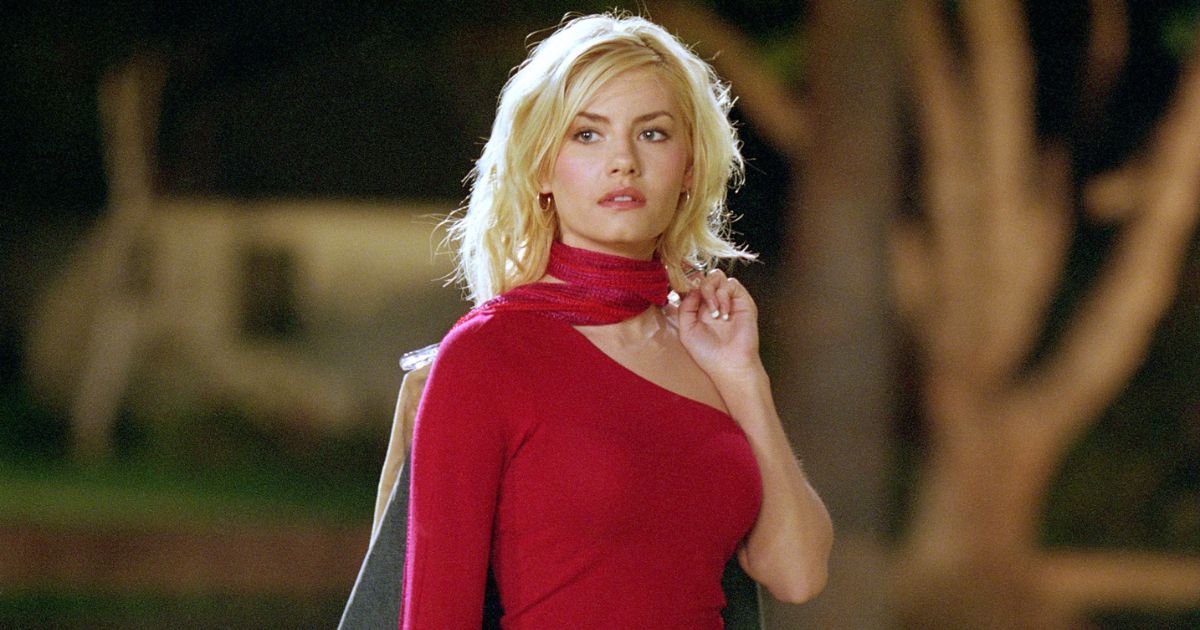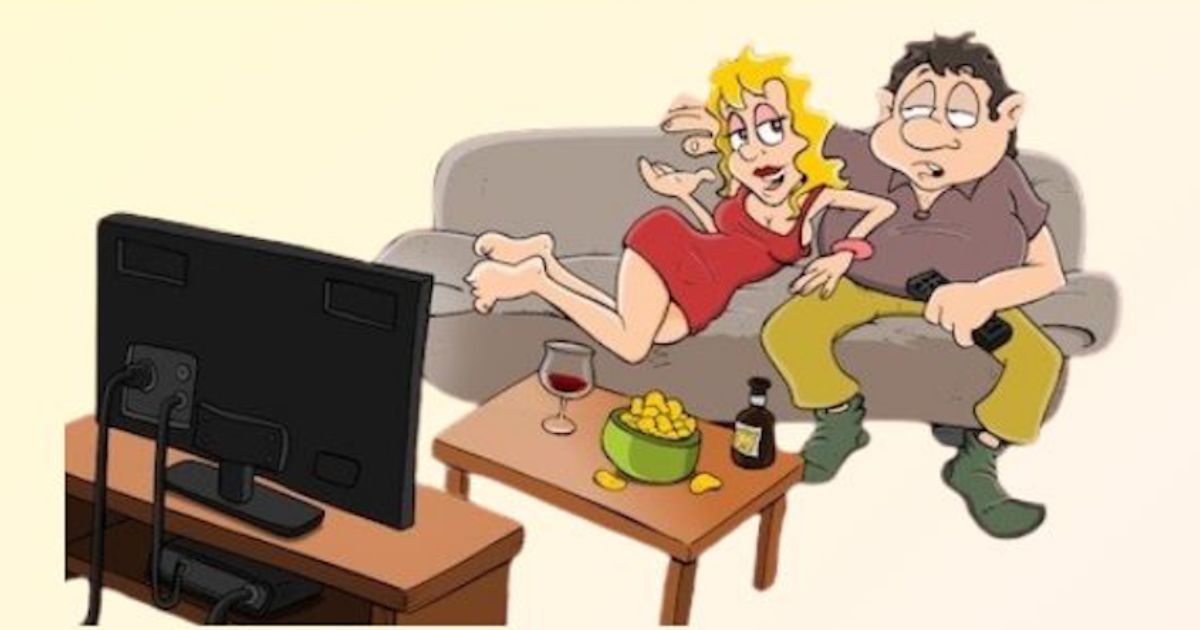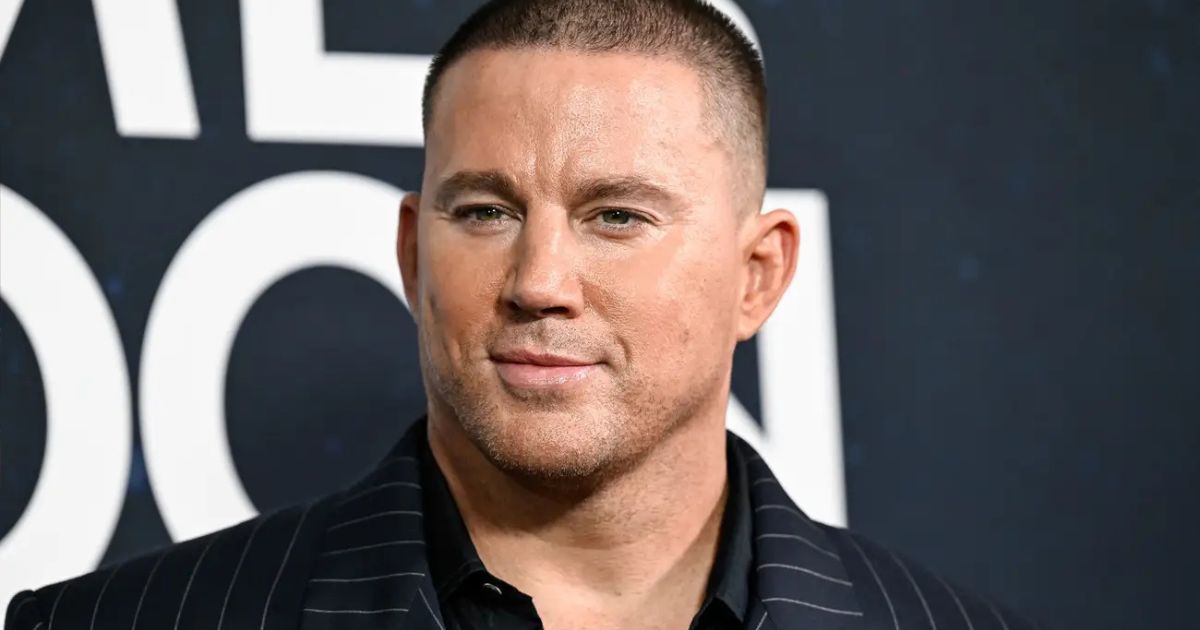Shane Lynch, a former member of the popular 90s boy band Boyzone, has voiced his concerns about what he sees as disturbing trends in the stage performances of today’s pop stars, notably Taylor Swift.
In a recent discussion with the Sunday World newspaper, Lynch, who has embraced Christianity, criticized the use of visual elements like “hoods up and masks on” and “fire ceremonies” which he interprets as satanic symbols being integrated into pop concerts.
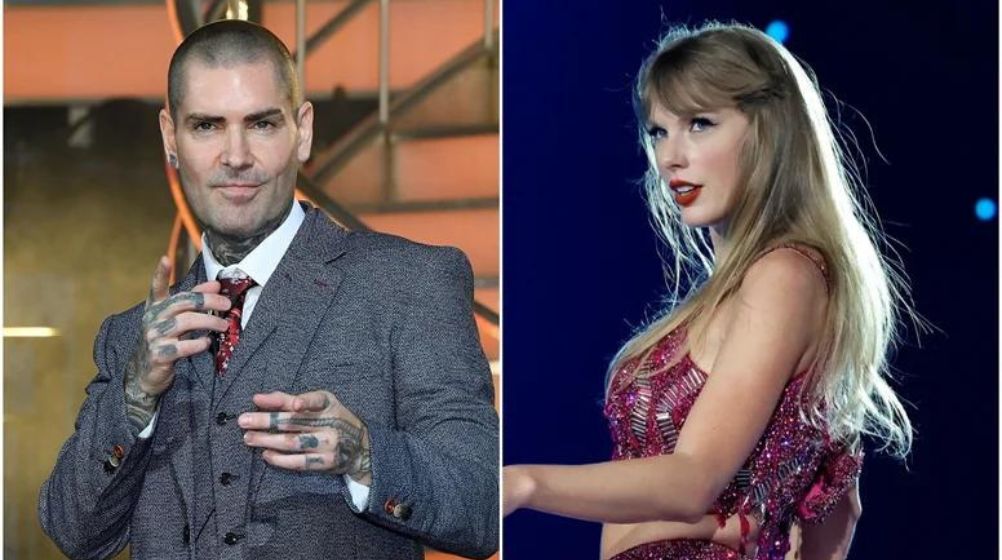
Lynch argued that these shows involve more than just artistic expression, suggesting a sinister, hidden influence in contemporary music that goes beyond the lyrics to include the very beats themselves. He expressed his decision to stop listening to certain types of music due to their potential spiritual and emotional impact, highlighting the powerful connection between music and one’s emotional and spiritual state.
Lynch continued: “Even down to Taylor Swift – one of the biggest artists in the world – you watch one of her shows and she has two or three different demonic rituals to do with the pentagrams on the ground, to do with all sorts of stuff on her stage. But to a lot of people it’s just art and that’s how people are seeing it, unfortunately.”
“The music we listen to can deeply affect our emotions and spirit, which is why I’ve chosen to step away from certain music styles that don’t align with my spiritual values,” Lynch stated.
As a father of two, Lynch also expressed concern about the societal impact of these trends, particularly on younger generations. He believes that such performances, which he claims include overt references to demonic rituals and symbols like pentagrams, are steering youth away from moral and disciplined values, contributing to societal decline.
“Music is dangerous,” Lynch added, noting the profound influence it has on society, starting from a young age.
Boyzone, the group Lynch was a part of, was formed in Dublin in 1993 and quickly rose to fame, securing six number one hits in the UK and nine in Ireland during the nineties.

